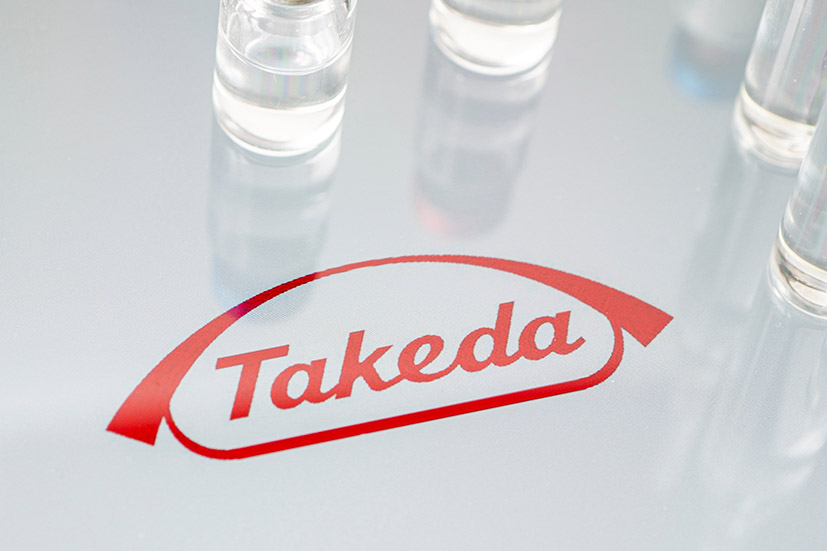The Japanese Ministry of Health, Labour and Welfare has approved the use of Takeda’s ADZYNMA (apadamtase alfa /cinaxadamtase alfa) for the treatment of congenital thrombotic thrombocytopenic purpura (cTTP) for individuals 12 years of age and older. ADZYNMA is the first and only approved recombinant ADAMTS13 protein designed to address an unmet medical need in people with cTTP by replacing the deficient ADAMTS13 enzyme.
cTTP is an ultra-rare, chronic blood clotting disorder caused by a deficiency in the ADAMTS13 enzyme. It is associated with acute events and debilitating chronic symptoms or thrombotic thrombocytopenic purpura (TTP) manifestations, which can include thrombocytopenia, microangiopathic hemolytic anemia, headache and abdominal pain. When left untreated, acute TTP events have a mortality rate of >90%.
“The approval of ADZYNMA is an important milestone for people living with cTTP in Japan, who had limited treatment options and now have the first treatment option specifically approved to treat this ultra-rare condition,” said Yasushi Kajii, Head, R&D Japan Region at Takeda. “Developing innovative treatments that make a difference in the lives of patients is at the heart of what we do. With this approval, we are proud to support the cTTP community with new possibilities and continue our 70-plus year commitment to the rare disease community.”
The approval is supported by the totality of the evidence provided from an interim analysis of efficacy, pharmacokinetic, safety and tolerability data from the first randomized, controlled, open-label, crossover Phase 3 trial in cTTP patients ages 12-68, which includes five Japanese patients and supported by long-term safety and efficacy data from a continuation study. At the time of interim analysis, no patient experienced an acute TTP event while receiving ADZYNMA prophylactic treatment (n=37), while there was one acute TTP event in a patient receiving plasma-based therapies (n=38) during the Phase 3 study-controlled comparison periods 1 and 2.
Treatment-emergent adverse events (TEAEs) assessed as treatment-related during periods 1 and 2 were reported in 10.3% of patients receiving ADZYNMA compared to 50% of patients receiving plasma-based therapy. TEAEs observed in ADZYNMA group were constipation, ADAMTS13 activity abnormal, headache, pruritus, and hypertension (1 subject each). In Period 3, the incidence of TEAEs was 2.8% (1/36) in this drug group: nausea and headache (1 subject each).


